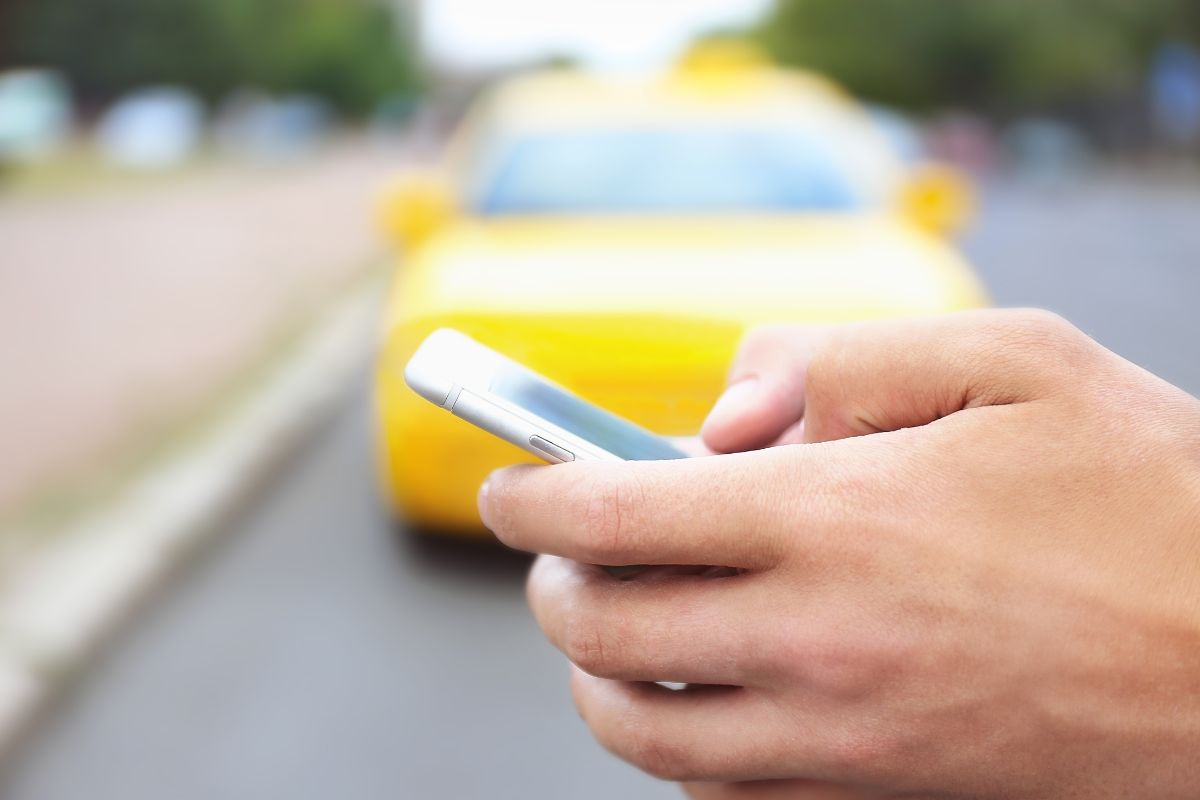New Data Highlights Rideshare Safety Concerns: Things to Know Before Booking

The Schiller Kessler Group’s latest data research offers an original viewpoint on the rising reliance on ridesharing companies like Uber and Lyft. Although these services have clearly made travelling simpler, particularly during crowded events like the holiday season, they carry some danger. Recent data draw attention to safety issues riders should give top priority, including the possibility of tragic mishaps and cases of assault.
According to the study, Ridesharing exposes passengers to some risks, even if it is usually safer than alternatives like driving under the influence. Passengers should especially be more conscious of their well-being as the Christmas season approaches and ride-sharing demand rises.
Table of Contents
ToggleThe Surge in Ridesharing Popularity
For millions of Americans over the past ten years, ridesharing has taken front stage as their main form of mobility. Services like Uber and Lyft provide a handy substitute for both public transit and personal driving in both big and small towns for cabs. Particularly around holidays, rideshare apps see a significant increase in use as individuals go to family get-togethers, shopping centres, and parties.
But as popularity rises, so does the necessity of awareness. Examining ridesharing safety statistics between 2021 and 2022, the Schiller Kessler Group found three significant trends:
- Uber experienced 38% more motor vehicle fatalities than Lyft.
- Uber also reported 56% more fatal physical assaults.
- Furthermore, Uber documented 6% more sexual assaults compared to its competitor, Lyft.
Though these concerning numbers exist, 99% of Uber rides ended without any mishap or issue. This figure indicates that, although there are hazards, the great majority of rides go without incident. Still, especially in times of increased rideshare activity, even a tiny number of occurrences calls for caution.
Rideshares and Road Safety
The way ridesharing apps help to lower drunk and inattentive driving is among its main advantages. Many studies, including data examined by The Schiller Kessler Group—show that the availability of Uber and Lyft corresponds with reduced DUI arrest rates and less alcohol-related crashes in cities all throughout the nation.
Reliable ridesharing services are quite important in keeping risky drivers off the road over the holiday season when alcohol intake rises and tiredness becomes more widespread owing to busy schedules. The possibility of intoxicated driving mishaps would probably be substantially higher without these services, thereby endangering public safety much more.
Prioritizing Personal Safety in Rideshares
Crucially, this study aims not to deter consumers from using ridesharing apps. Rather, it reminds us that when getting into a car with someone we do not know personally, situational awareness and simple safety precautions are very vital.
Passenger recommended practices include the following to help one stay safe:
- Set up pickup from a well-lit, safe spot. Steer clear of dark, remote regions while awaiting your ridesharing.
- Tell a friend or relative when you use a ridesharing app. Share trip information including the number plate number, driver’s name, car type and model.
- Before you get in the car, confirm your driver’s identity. Verify the license plate, driver picture, and automobile description the app offers twice.
- Share with the driver just limited personal details. While friendly discussion is OK, if it is not absolutely required, keep sensitive information like your home address under wraps.
- Learn about emergency tools included in Uber and Lyft applications that let you rapidly call emergency services should you feel threatened.
These little but important actions can help to greatly lower any dangers and guarantee that your ridesharing experience stays stress-free and safe.
Expert Insight: Ridesharing is Safer, But Not Perfect
A representative of The Schiller Kessler Group underlined that although the ridesharing sector is still a flawed solution, even if it has drastically improved road safety results for Floridians.
“Although Floridians can now negotiate the highways much safer thanks to ridesharing, this is not a flawless sector. More openness and passenger and driver safety precautions are much needed. As demand for ridesharing rises, we hope more people become aware of the hazards involved and help to minimise them.
Among the areas where business leaders may increase passenger security include openness, more thorough background checks for drivers, and ongoing enhancements of in-app safety systems. Passengers have personal responsibility for their safety by being alert until such modifications are widespread.
Use Rideshares Responsibly
The message of the study is clear: Floridians should keep riding rideshare—especially if they are too fatigued, distracted, or drunk to drive alone. Uber and Lyft provide a safer substitute for behind the wheel. Still, this safer choice comes with a certain set of hazards. Passengers may benefit from rideshares’ convenience while lowering their exposure to any risks by being proactive and checking driver credentials and sharing trip data.
A Word to Drivers
Increased rideshare traffic also means more rideshare drivers will be on Florida’s interstates, highways, and local roadways during the Christmas rush. All drivers—not only rideshare passengers—should continue to be especially careful. One can assist avoid unneeded mishaps by being alert for abrupt stops, unanticipated pickups and drop-offs, and heavy traffic.
Extra awareness during this hectic period of year helps to create a safer environment for everyone using the road and guarantees that the Christmas season stays joyful and free of concern.
Published by Chloe Jhonson
With over 5 years of experience in content creation, I specialize in crafting engaging posts across various topics — from fashion, lifestyle, business & tech. Join me as I share insights & ideas to inspire your journey! View more posts







